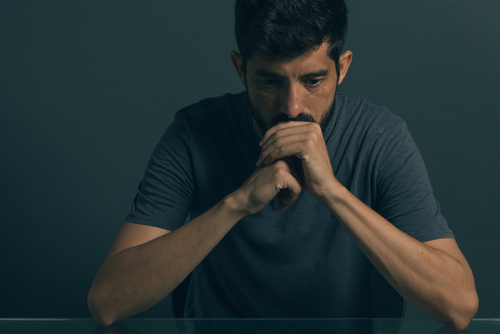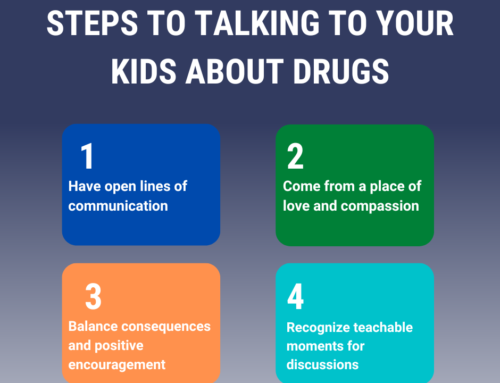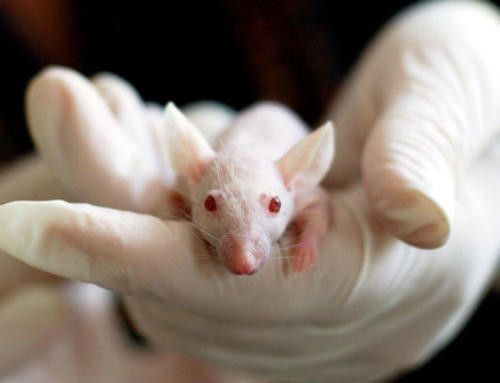From the outside, people see those who have an addiction as a moral failure for making bad choices and not better ones. While drug use may at first be voluntary, it does not mean that it ends up that way. It is important that we look at addiction as a brain disease instead of a moral failure so those drug treatment statistics go higher and drug overdoses go lower.
Drug and alcohol addiction does not come from moral weakness, a lack of willpower, or unable to stop. Some people are curious when they take their first hit or drink and they believe that they will have it under control. We do not know if we have the mind of an addict until after we experiment. You can drink and use drugs and not feel the cravings for it while others with the mind of an addict have uncontrollable urges to use more. After experiencing that level of pleasure and satisfaction, addicts make it their mission to obtain more and more for that same feeling.
In order to understand how addiction works, you need to understand how the brain works when it is on drugs. Once you become addicted to drugs, your use will no longer be voluntary. The dopamine pathways are where drugs come in which carries signals from one brain cell to the next. A healthy brain releases dopamine when responding to natural rewards like eating and exercise. Once drugs kick in, they will teach the brain that drugs will make you feel good as well. If you continue your drug use, you will ironically produce less dopamine and/or reduce the brain structures receiving dopamine. When your reward center diminishes, you will not feel the same pleasure that you used to feel which means you are developing a tolerance. This will make you want to increase your drug use so that you can get the same feeling. Being around friends who also abuse drugs, hanging around bars, and being under a lot of stress will be your new life.
Calling substance abuse a moral failure is ignoring the true problem. If you broke your arm, you will immediately treat it because you can see and feel the problem. Drug addiction is more subtler and may require another person to point it out to you. You should not have to hit rock bottom to realize you have a problem.
Located in downtown Midland, The Springboard Center’s mission is to offer programs and services to treat alcohol and drug addiction treatment using an evidence based curriculum, 12 step programs, diet, nutrition, exercise, emotional, mental and spiritual development for a long recovery. For more information, please call us at 432-620-0255 as we are open 24 hours a day, 7 days a week.




